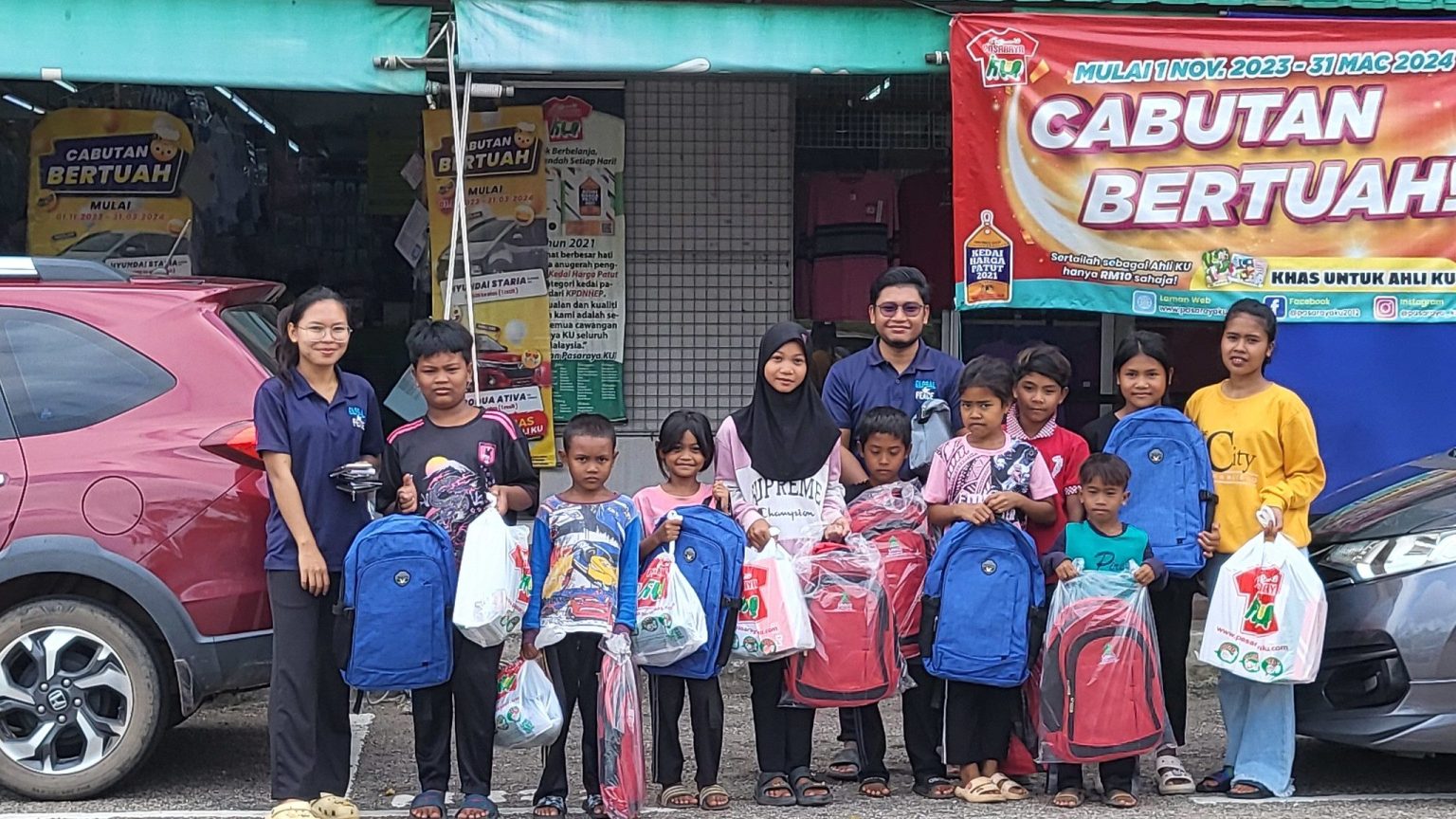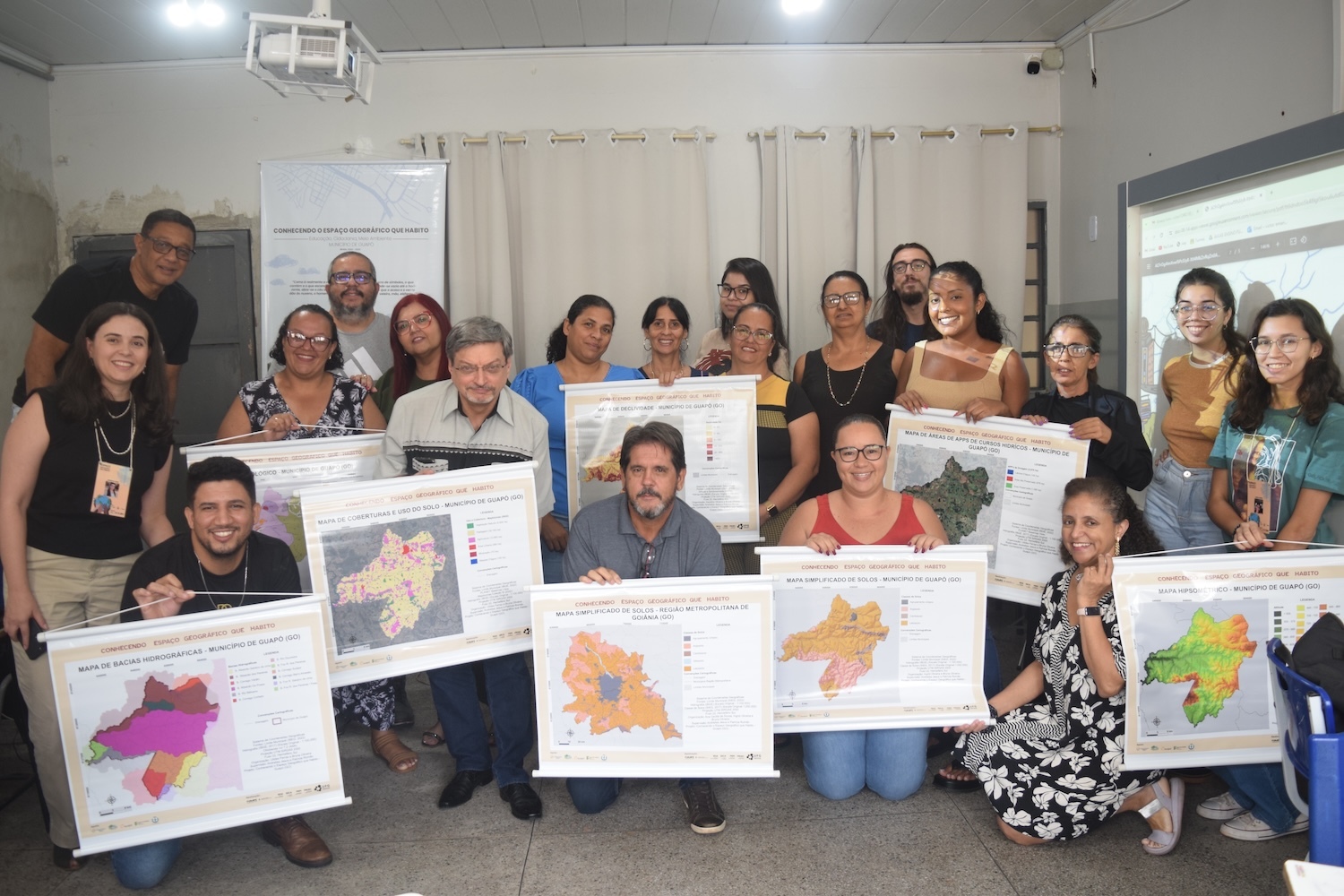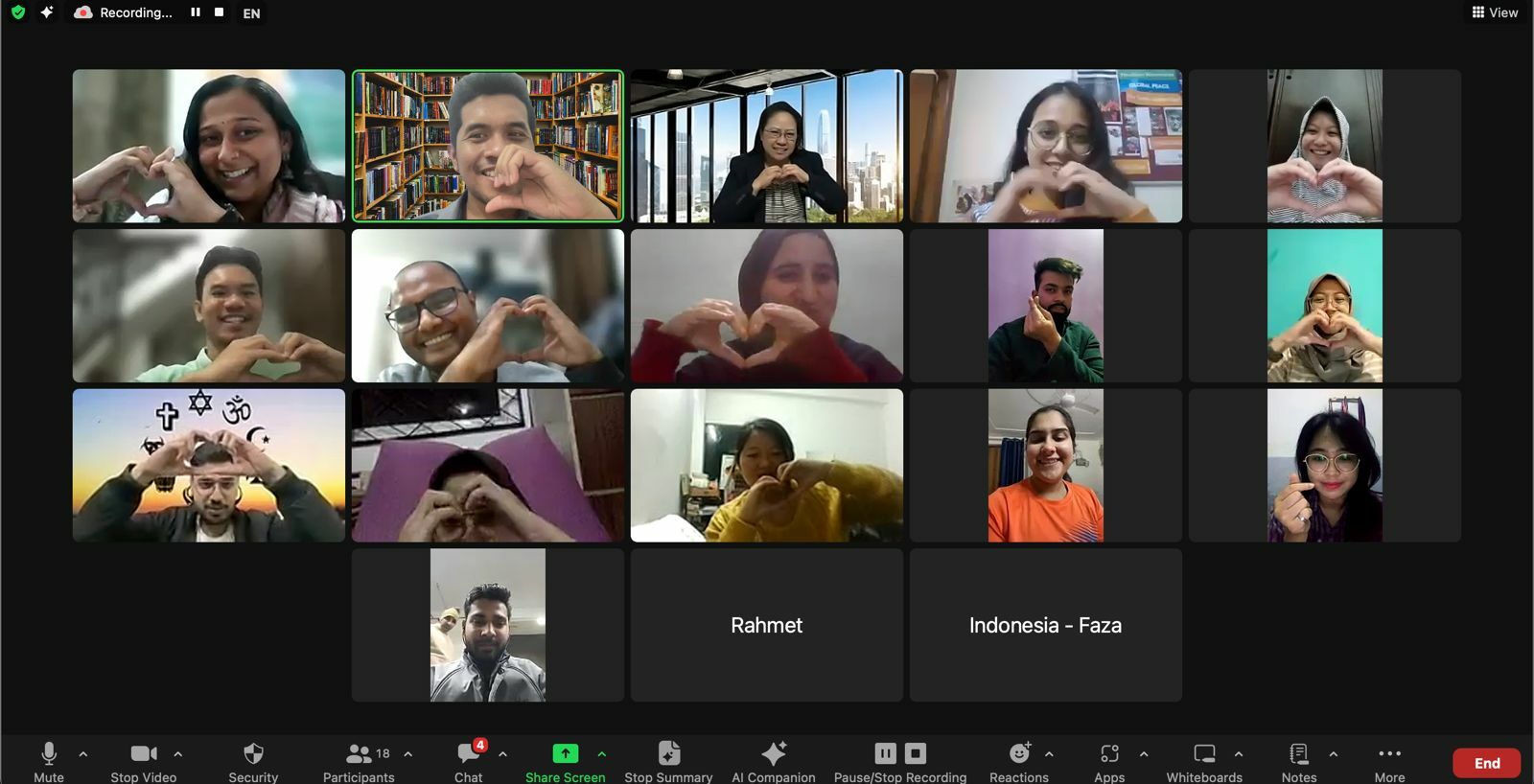The following letter is from Rev. Fr. Canice Chinyeaka Enyiaka, Ph.D. who serves as a Program Development Specialist for Interfaith and Community Outreach for Global Peace Foundation.
Experts in different academic disciplines, governments, national and international institutions have scrambled to figure out the way to get around COVID-19 in the first quarter of 2020 with the virus proving to be a problematic enemy to conquer. The virus has eaten deep into the core of the social, economic, psychological, cultural, and spiritual fabric of the global community, inflicting fear, fatigue, and anxiety. Amid the uncertainty and panic accompanying the pandemic, there is a growing surge across the globe towards God and faith communities for hope, encouragement, and assurance. Yearning for the divine seems to have increased with the frightening impact of COVID-19, even as the social distancing has forced faith communities to resort to online resources to meet the pastoral needs of their members.
Collective actions to support communities and to alleviate suffering caused by the pandemic are springing up around the world. Such joint efforts beyond the borders of ethnicity, race, socio-cultural construct, religious affiliation, and doctrine are needed now more than ever among faith communities to address this crisis. Principles of solidarity and community profoundly present in faith and wisdom traditions need to be renewed and fully applied in supporting individuals and communities. This does not require doctrinal consensus but rather a call to action as a human family. Such calls have been made before; now is the time to heed them. Pope John Paul II emphasized the solidarity and community among faith communities beyond fault lines in his 1986 address to world religious leaders at Assisi, where he issued a call for the moral action of all people to build a peaceful society irrespective of diversities.
The shared motivation for interfaith action is found in our connectedness as one human family; this can drive cohesion in diverse and pluralistic communities across the globe, especially in times like this. Beyond the many doctrinal differences among faith traditions, they share a broad agreement on the basics of how people should treat each other guided by adherence to a time-honored moral compass. The focus on human wellbeing has taken faith traditions and communities beyond performing only religious activities to a broader array of programs that connect the sacred and the social spheres in various communities across the globe.
As Pope Francis said in 2015, “Local individuals and groups can make a real difference. They can instill a greater sense of responsibility, a strong sense of community, a readiness to protect others, a spirit of creativity, and a deep love for the land. Social problems must be addressed by community networks and not simply by the sum of individual good deeds.” A strong interfaith sense of community built on the insight of transcendent truth, shared values, and code of conduct that foster human wellbeing and social cohesion is needed today. The tools available to faith traditions and communities can be used in many significant ways in this challenging time and the future as they carry out their pastoral duties. This moment offers faith communities the opportunity to promote time-honored values such as human dignity, compassion, and empathy, towards other people. The rejection of ethnic, social, and religious fault lines by the virus ought to help us appreciate that we are members of One Family under God.
In many poor neighborhoods across the globe, food insecurity is presenting a challenge that compounds the dire situation people are facing due to the COVID-19 pandemic. An interfaith food drive among other activities can be a lifeline for many families hampered by the circumstances created by the pandemic. The Global Peace Foundation Nigeria COVID-19 food relief project in Kaduna state organized by Rev. John Hayab and Sheikh Haruna Maraya, who lead the projects of the organization in Nigeria, is a typical example of interfaith action of solidarity and support in local communities. The program targeted four (4) communities in Kaduna, namely; Kajuru, Maraban Rido, Kanikon chiefdom, and Mando Afaka, representing different local government areas of Kaduna state, with about 1,000 households as beneficiaries of different food items in each of the four communities. The program alleviated the pain of 4000 households during this difficult situation with the faces of a Muslim religious leader and a Christian religious leader directing the action for human wellbeing beyond ethnicity or religion. Here in the Washington DC area, the Masjid Muhammad Muslim community and Mount Sinai Baptist Church brought the light of love and hope to people when they recently united to distribute food items to hundreds of families in need of their neighborhood.
The above examples express the depth of the spirit of universal unity we share and how interfaith action can sustain the values of justice, love, and compassion. From speaking to the pain and anxiety of the people to advocating and collaborating with other stakeholders for medical supplies in their communities, interfaith action beyond fault lines can be a real neighborhood watch for all peoples. The power of mobilization possessed by faith communities can renew social cohesion and overall human wellbeing in our communities using the grassroots structures.



